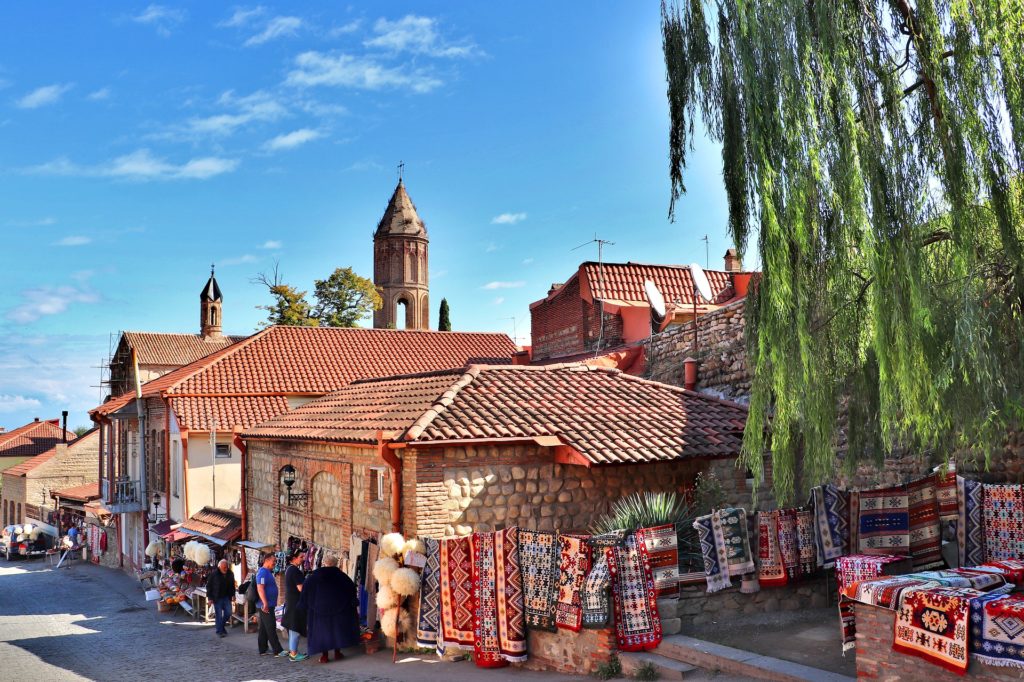TBILISI
Georgia’s economy faces a serious challenge as its priority tourism sector declined by almost 78 percent in January-April this year, a review by Galt & Taggart, a Tbilisi-based consulting company, showed.
Over the last decade, Georgia has become the post-Soviet region’s premier international tourist destination, and a huge part of the country’s economy has come to rely on this fact. Over nine million international travellers visited the country in 2019—up from two million in 2010, bringing in – officially – $3 billion in revenue. However, much of the tourist-led economy is believed to be in cash, off-the-books transactions.
Closed borders affected the tourism sector dramatically and the country implemented a series of stringent nationwide lockdown measures, including a 9 p.m. curfew and a ban on large gatherings. Many restrictions were only lifted earlier this year.
The ex-Soviet country’s gross domestic product (GDP) contracted by 4.2 percent on a year-on-year basis in the first quarter of 2021, compared to 1.5 percent growth in the same period last year and 8.3 percent contraction in the first two months of this year.
In March alone, the economy expanded by 4 percent after a contraction of 15.1 percent in February this year and 2.7 percent contraction in March 2020.
Galt & Taggart said in a review that revenues from tourism fell by 77.5 percent in the first four months of this year to $98.3 million.
In January-April number of international visitors declined by 82 percent year-on-year to 212,700, while the number of tourists fell by 76 percent year-on-year to 192,400, Galt & Taggart said.
In April alone, international visits increased by 140.4 percent year-on-year to 82,500 visitors.
“This increase is offset by an increase in the number of tourists from last year’s low base,” Galt & Taggart said.
Georgia’s economy shrank 6.2 percent year-on-year in 2020, a stark contrast to 2019, when it grew 5 percent. Measures to curb the spread of coronavirus were behind much of the drop.
The World Bank said earlier this month that Georgia’s economy was projected to recover in 2021, growing by 4 percent, with the key baseline assumption that there were no further severe waves of COVID-19 infections that necessitate additional lockdowns and ongoing political impasse is resolved. The recovery will be supported by fiscal stimulus in the form of accelerated capital spending, tax deferrals, accelerated VAT refunds, and targeted support for the most affected businesses, as well as higher social spending.
Under a baseline scenario in which no third wave of infections materialises and a significant share of the population is vaccinated by 2022, economic growth could recover to 5.0 percent in 2022 and 2023.
According to the International Monetary Fund forecast, Georgia’s GDP is projected to grow 3.5 percent in 2021 and 5.8 percent in 2022.

